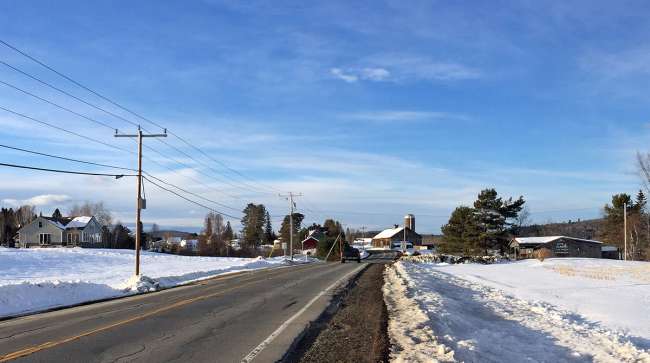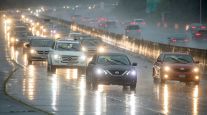New Hampshire Road Usage Fee Proposal Moves to Senate Hearings

With cars becoming more fuel-efficient, the revenue from gasoline taxes is declining, leaving New Hampshire with inadequate funds to maintain roads and bridges, according to state Rep. Norman Major (R-Plaistow), chairman of the House Ways and Means Committee.
Major has proposed legislation, HB 1763, that attempts to address the problem by imposing an annual fee on vehicles that get good gas mileage to make sure those drivers don’t escape their share of road maintenance costs.
RELATED: Tennessee officials unveil $2.6 billion transportation improvement plan
RELATED: Maryland bill to restore highway user Revenue Poised to Become Law
If signed into law, the bill would impose a maximum $111 a year “road usage fee” on the most fuel-efficient vehicles, with credits applied as fuel usage increases. A vehicle that averages 20 mpg would pay no fee, while an electric vehicle would pay the full $111.
Owners of vehicles that get 40 to 50 mpg would pay more than those who own vehicles that get 30 to 40, and so forth.
Major says the EPA database on mileage estimates could be blended with the state vehicle registration system to administer the charge.
Between 2011 and 2016, the number of vehicles registered in New Hampshire went from 1.1 million to 1.4 million, while revenue from the gas tax declined from $125 million to $123 million despite an increase in the rate signed into law in 2014.
“We have more vehicles driving on the roads; our revenues are flat and the condition of our roads and bridges is getting worse,” he told the Senate Transportation Committee as it opened hearings on the bill, which passed the House on March 22 in a 168-152 bipartisan vote.
Major said states around the country are looking for alternatives to gasoline taxes to fund roads and bridges, with hybrid or all-electric vehicles becoming more popular.
“We have to do something,” Major said. “There hasn’t been a state that’s solved this yet. I believe if we in New Hampshire can solve it this way, every other state will quickly follow us.”
Several speakers opposed the idea, including Rep. Peter Somssich (D-Portsmouth).
“There is definitely an urgent need for road and bridge repair work. However, this bill is the wrong way to do it,” he said. “This bill is bad public policy. It punishes those drivers who use fuel and resources efficiently and cause less pollution per mile than other drivers.”
Somssich said miles per gallon is not a good measure of road damage, which usually is attributed to the weight of a vehicle.
“Using weight would make more sense, and when combined with the actual miles driven per year, would be a much fairer tax,” he said.
Rep. Susan Almy (D-Lebanon) — the ranking Democrat on the Ways and Means Committee — supported Major’s initiative.
She said past attempts to increase registration fees based on vehicle weight have been strenuously opposed by the trucking industry.
“We really have to solve this,” she said. “The EPA may be ending the increases in fuel-efficiency standards, but California and a number of other states that maintain a large part of the U.S. market are continuing to use them. Every other country in the world that buys a lot of cars is telling the auto industry they have to move to hybrids and electrics.”
Distributed by Tribune Content Agency, LLC



